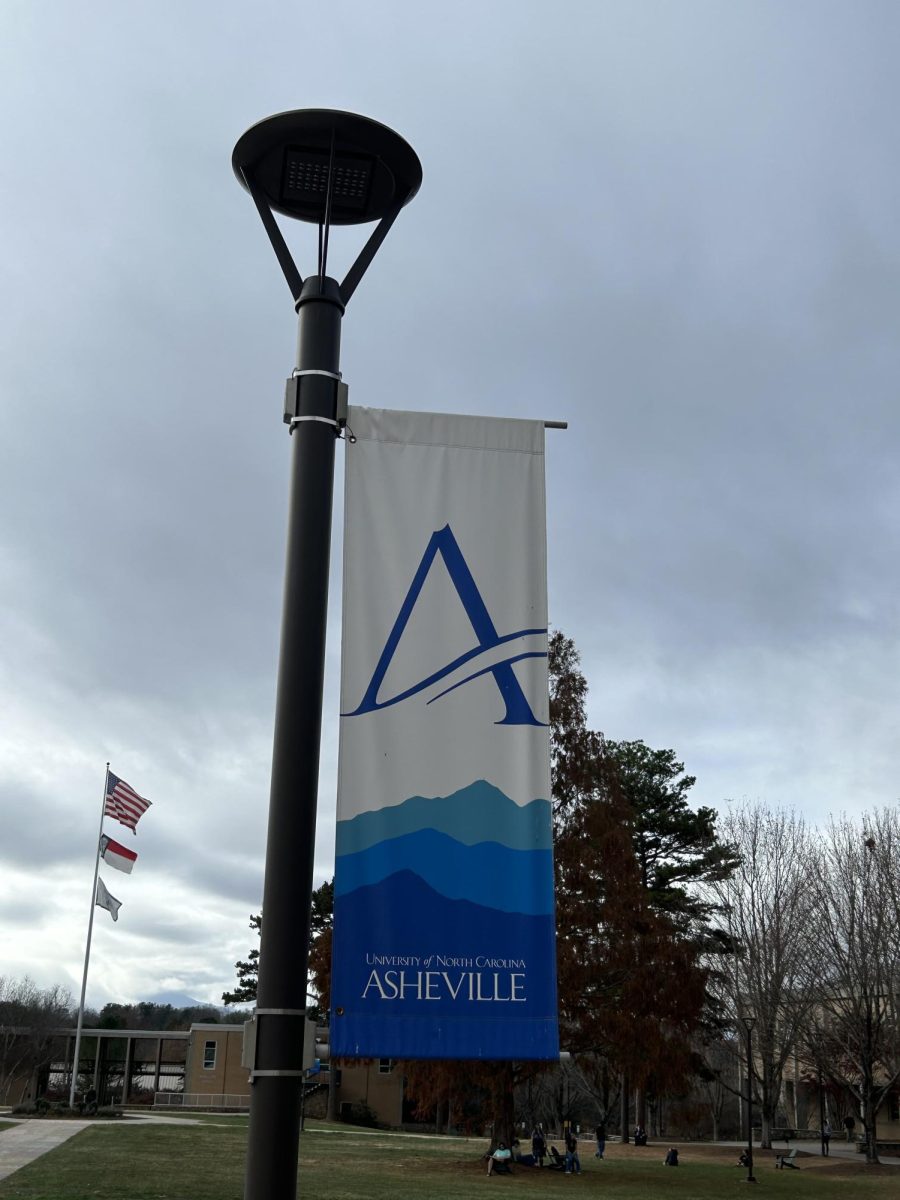Beginning in the fall of 2024, UNC Asheville will be offering a new financial aid program to students with the launch of Access Asheville. North Carolina residential students from low and middle income families are going to be given the opportunity to attain full tuition waivers. Marcio Moreno, the university’s newly appointed Associate Vice Chancellor of Admissions and Financial Aid, breaks down details on the newly emerging program.
“I was attracted to UNC Asheville’s commitment to college access for North Carolinians,” Moreno said. He has spent 18 years working in the UNC System, specifically in enrollment management.
According to UNCA officials, eligibility for this program is contingent upon FAFSA application completion, as well as verification of NC residency and Adjusted Gross Income of the household. This grant support is made available for up to 8 semesters for first-year students, and up to 7 semesters for transfer students.
“The state of North Carolina already offers outstanding programs that increase affordability, like the Fixed Tuition Program and NC Promise,” Moreno said. ”We hope Access Asheville will help us incentivize a portion of the population that still thinks a college education is out of their reach.”
Funding for Access Asheville was made possible through various state and federal sources, including Federal Pell Grants, NC State Grant/NC Scholarship, the Federal Supplemental Educational Opportunity Grant and Institutional Aid/Tuition Offset Funding. This additional funding includes the Talent Scholarship, Asheville Trust and other private donations.
“UNC Asheville has always prioritized the needs of median income and Pell-eligible students. It is important to highlight tuition is not being waived. Tuition and fees will still be charged,” Moreno said. “We are making sure the financial package for qualified Access Asheville students will cover these charges.”
This financial aid packet is offered to students whose household income is less than $80,000 per year.
“The current financial aid model utilizes an individualized calculation, which assesses the cost of attendance, expected family contribution, and qualification for specific types of institutional aid,” said Moreno. “The university will package students’ aid based on a calculated cost, expected family contribution, available federal aid and institutional aid where applicable.”
Moreno said the UNCA Office of Financial Aid routinely evaluates its practices to ensure the optimal effectiveness of its programs. All students are encouraged to visit their financial aid advisors to ensure they are utilizing all of the university’s available financial aid programs.
“I hope more students decide to take advantage of the unrivaled undergraduate research opportunities and outstanding experiential learning that UNC Asheville offers,” Moreno said.



















